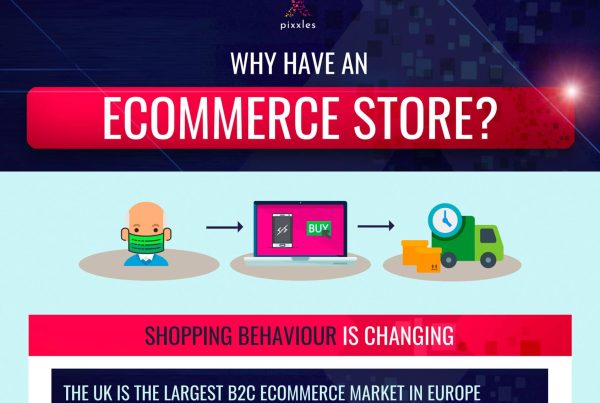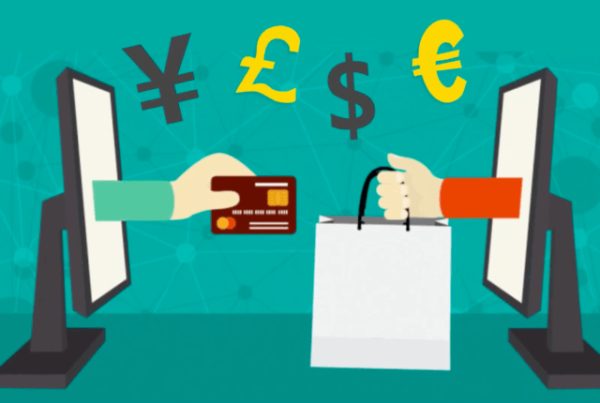2023 is likely to be one of the most surprising and dynamic years in the FinTech industry’s history. We will be moving from a post-pandemic world into a whole new space in which global macro trends like the war in Ukraine and increasing interest rates will be felt by everyone from merchants to investors to the general public. There is already talk of a ‘lost decade’ in the UK, and to avoid it companies are going to have to get innovative.
We can only hope that the conflict in Ukraine will end and the instability in both the UK’s economy and politics evens out, but as the old adage goes: hope for the best, plan for the worst. Companies working in finance and the retailers they serve are definitely working in this way, so it’s doubtful that we’ll see the kind of speculative moonshots that characterise economic conditions that are less difficult. That doesn’t mean that innovation will stop, just that it will refocus on everyday problems
We can see the following trends as being important in 2023:
BNPL weathers the storm
Buy Now Pay Later (BNPL) has been one of the big consumer finance and retail stories of the past five years, and really picked up steam during the pandemic. In the UK, the industry is estimated to grow to $29906.2 Million USD in 2022, up 50.5% on the past year. Those numbers are largely down to how easy BNPL companies, led by Klarna, have made it easy to use BNPL at checkouts both online and offline.
2022 has seen the UK regulate the BNPL industry and a surge of negative press attention (the most recent being criticism of Klarna’s decision to allow people to take out loans to buy takeout on Deliveroo.) Klarna in particular has had a difficult year, with large layoffs and a drop in share price. However, while its finances and reputation have been tested, both Klarna and the remainder of the BNPL industry are down but not out.
This is because the situation that made BNPL possible hasn’t changed. Put simply, ordinary people don’t have enough money, and even credit cards aren’t sufficient to make up the difference between people’s needs and means. The fact that BNPL is being used to pay for groceries is proof of this. As long as the UK continues to have ‘zero-growth, high tax (and a) stagnant economy’ BNPL will be a fact of life and here to stay.
Crypto gets real
2021 might be remembered as cryptocurrency’s last gasp. Nobody could escape the ubiquitous discourse around NFTs and The Metaverse and it seemed like everything was on the blockchain. Every celebrity was advertising crypto exchanges and the coveted Superbowl adverts were oversaturated with pitches for ways to replace ‘old money’, with ‘new money’.
Today, the NFT market has collapsed. Bitcoin prices might be twice what they were in 2020, but they are half what they were in 2021 and unless something changes, they will stagnate.
With the US giving its citizens stimulus checks in 2021 that led to a surge of crypto investment, the sluggish economy and prospect of interest rate risks, if not a 2008-level recession, is making ordinary people both unable and unwilling to risk their retirement gambling on the crypto markets. Even Meta, the biggest play in the ‘web 3.0’ or ‘metaverse’ space is quietly dropping its connections to cryptocurrency. This trend might continue, or another NFT-style fad could emerge to juice crypto prices temporarily.
Embedded Finance
Although it’s close to BNPL, embedded finance, which promises to ‘make every company a Fintech company’ might have deeper consequences for merchants. So-called ‘Banking as a Service’ (BaaS), allows any company to offer its customers financial services – financing being the most common. Car companies have been doing this for decades, giving customers options to lease their vehicles directly from the company instead of going through third parties. Another example is Uber giving its drivers credit cards and instant-earning services. All of this becomes part of the customer journey, just as BNPL becomes an option at the checkout.
56% of retailers and eCommerce businesses in Europe are either planning to increase their offering or to start offering embedded finance solutions in the next 12 months, citing a need to have everything, including specialised financial services, under one roof, without the need for external companies. Given how much enthusiasm is out there for embedded finance, it is likely this trend will continue.
Green Banking
Usually, during a major financial downturn, ecological or ethical concerns take a backseat when compared to maintaining a strong bottom line, but that’s not something we are seeing at the moment. There are dozens of companies, ranging from challenger banks to investment apps, that integrate green technology into their everyday practices and avoid investing in fossil fuels.
After a summer when the reality of climate change was driven home during a week of extreme weather, more people than ever are giving equal priority to their finances and environmental concerns.
Personal finance getting ‘personal’
Apps and services that deal directly with people’s finances are likely to become more prominent as ordinary people’s finances are affected by spiralling inflation. Personal finance apps or budgeting functions embedded into existing apps will be particularly useful to people looking for ways to make their money go further.
Saving money is key
Cutting down on externalities and building up reserves of cash in order to make it through a time when consumers will have less to spend. Pixxles is part of this – by saving you a small percentage on every transaction and increasing the number of accepted payments you can decrease the financial attrition that you have probably dismissed as a cost of doing business, and alongside other cost savings can build up enough ready capital to make it through tough times.
New metrics
Following on from the above, companies are going to have to focus on new metrics of success, refocussing on the depth of each customer’s engagement with the company rather than pure customer growth. Creating a sustainable business is going to take precedence over pumping VC money into a company in order to artificially grow a customer base through relentless promotion and loss-leader products to the point where it can maintain itself.
In short, finance is going to have to get real, focussing on real problems and real growth rather than flash-in-the-pan fads or ‘growth hacks’ that lead to financial precarity. If you’ve got an online business, then we can be a part of that by giving you real solutions to real problems. Find out more here.








